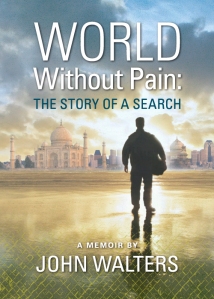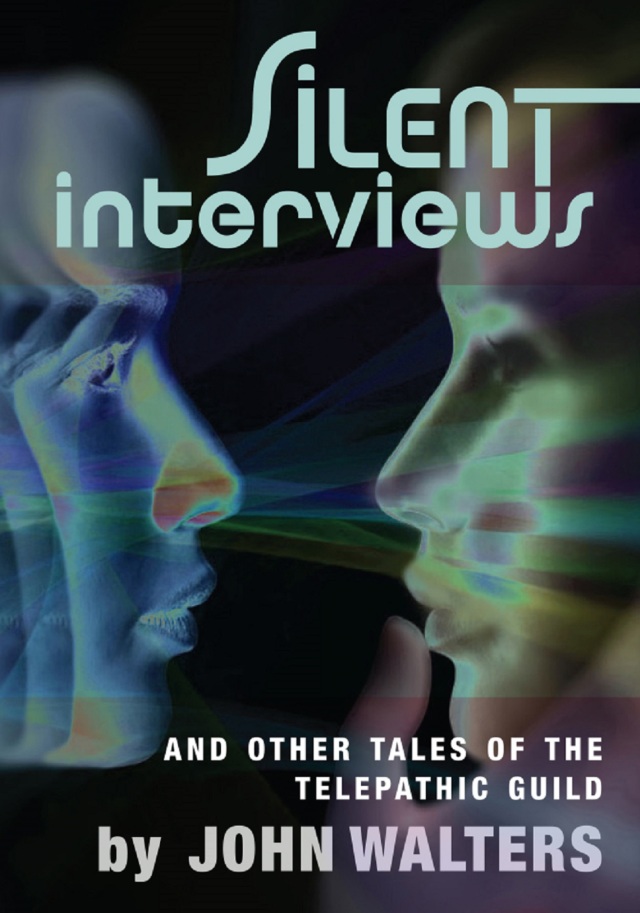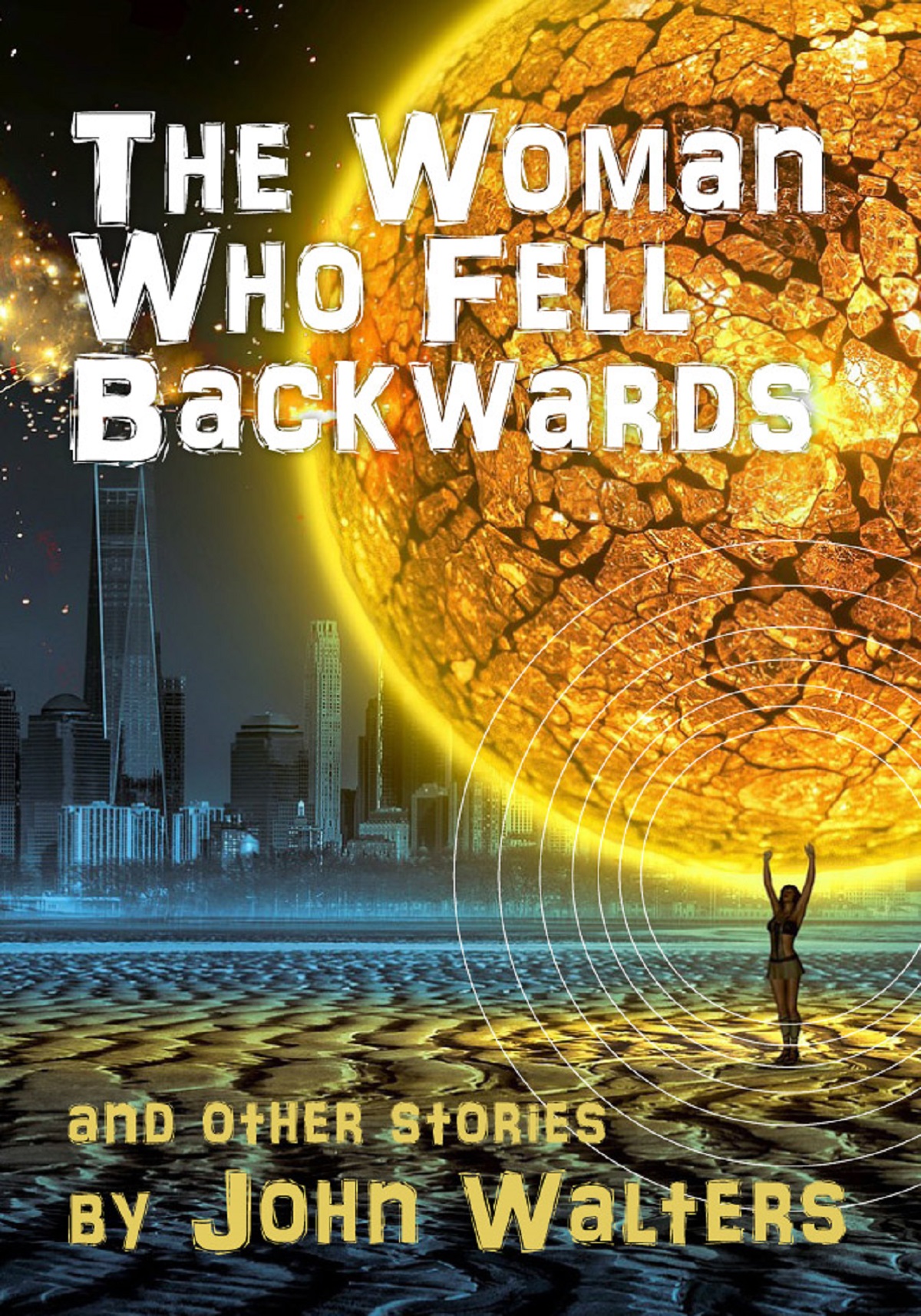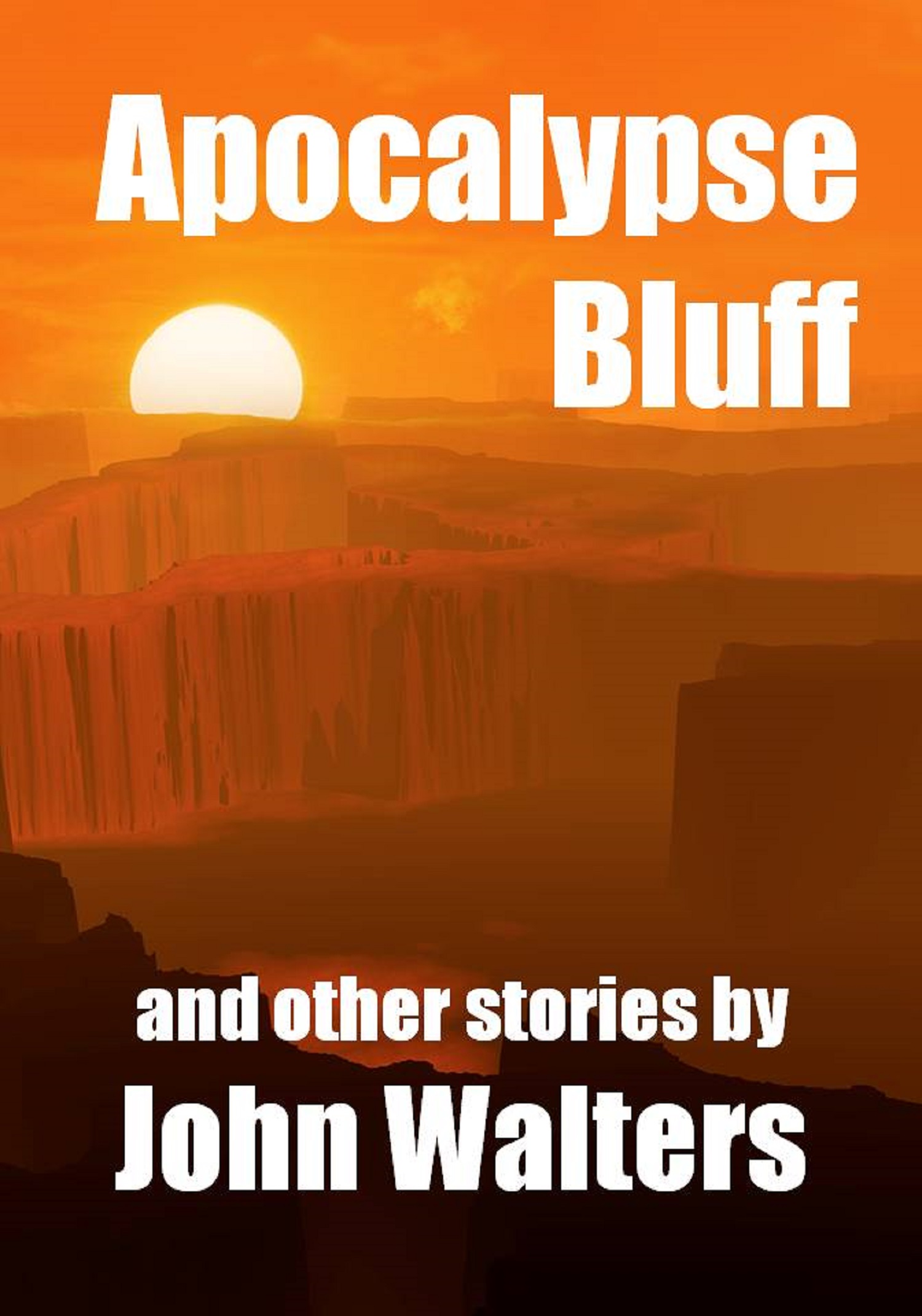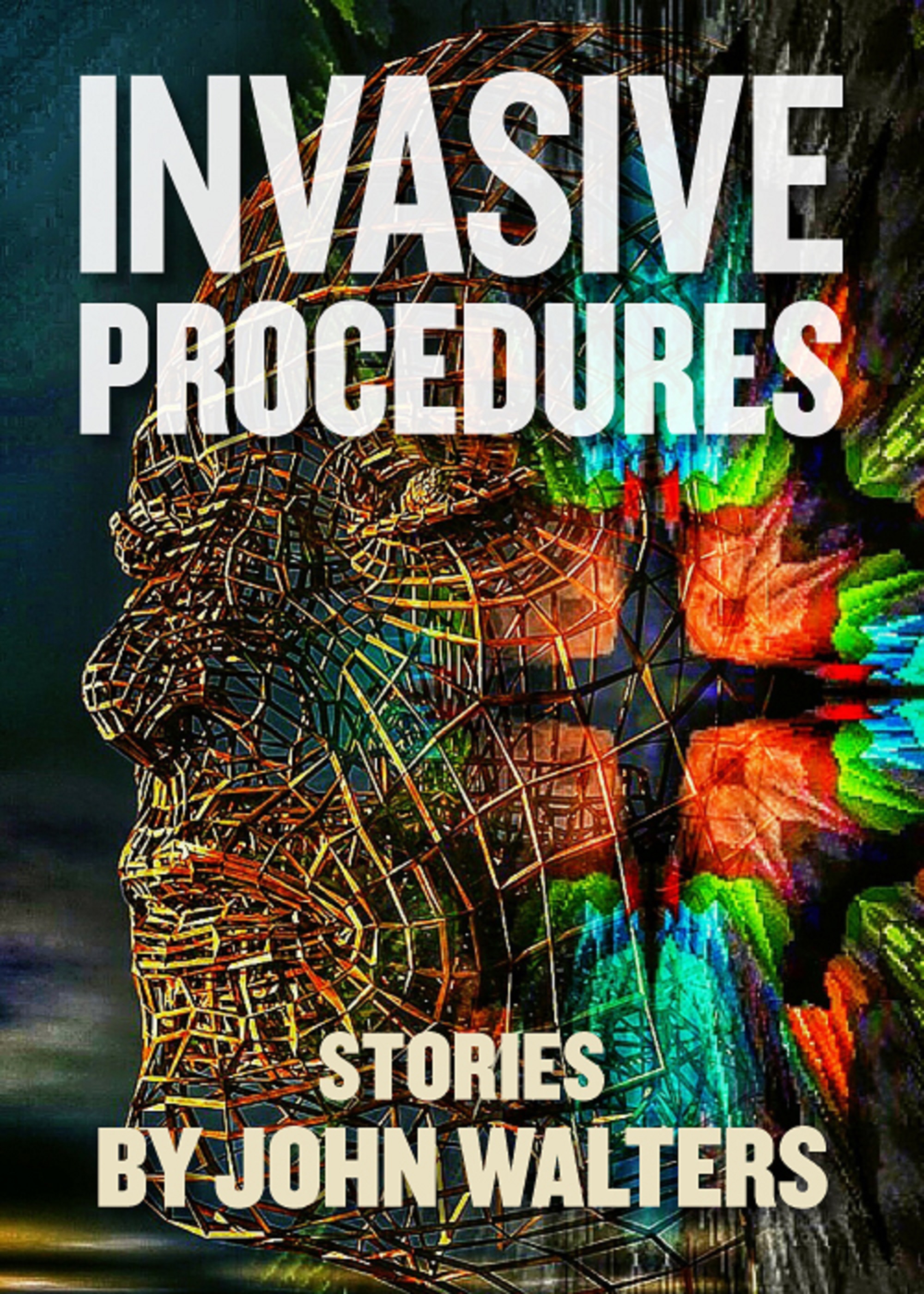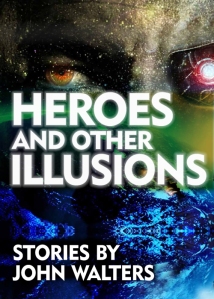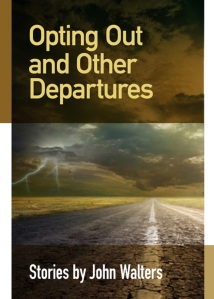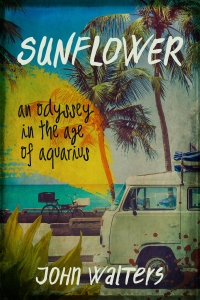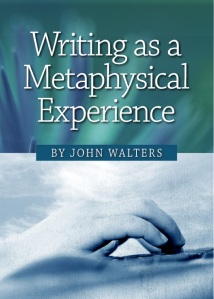This is a tough book to get through. It’s not entertaining reading. I almost put it down several times. Not that its prose is difficult to fathom; no, that’s not the problem at all. It’s that it is so unbearably bleak; it’s such a downer.
I picked it up because, as a science fiction writer, I am interested in projections about the future. From the beginning, though, the author dismisses the existence of a God or gods in a sentence or two, and soon afterwards he also dismisses the possibility of the existence of the human soul, free will, and individuality, instead positing that we are all nothing more than biochemical algorithms. His reasoning? Scientists cannot find or quantify God, souls, free will, or individuality, and if they haven’t yet been able to find these things, then they must not be there. All of his reasoning stems from these speculations, which are presented as facts. Having experienced spiritual realities myself, I found this hard to swallow. Still I persisted, because I was interested in where this reasoning might lead.
According to Harari, humanism has been the dominant religion on Earth for the last few centuries, and it is threatened by new scientific realities. Humankind has all but conquered the age-old ravages of war, plagues, and famine, and has now set its sights on immortality, bliss, and god-like attributes. However, this will either create a great gap between the elite haves and the masses of have-nots, or an even greater gap between non-human super algorithms and human biological lesser beings that cannot compete with overwhelming AI superiority. Shades of Elysium. Or The Matrix. Sure, we’ve heard it all before. But the most frightening thing is how Harari reduces humans down to algorithmic entities so that somehow what happens to us supposedly doesn’t matter so much anymore. And he backs it all up with a lot of salient facts and very erudite arguments.
He’s a good writer; there’s no doubt about it. The blurbs on the back cover for his previous book, Sapiens, are from such luminaries as Barack Obama and Bill Gates. Heady praise indeed. However, that doesn’t change the fact that this book is almost unbearably bleak. It’s almost like a death knoll or a dirge for the human race. It suggests that we are hell-bent for a horrible dehumanizing future and there’s nothing we can do about it. The only ray of hope, as I said, is for a small group of elite billionaires who can afford to enhance themselves sufficiently to ride out the quiet but deadly wave of destruction. Unless the machines take it all first and exterminate us.
But the main problem here is not even the dark vision of the future. It is the picturing of humanity as gray, flat, two-dimensional beings without spirituality, souls, creativity, individualism, or free will. That gives us nothing to fight with, nothing to use to escape from this future purgatory. Our primary weapons against a dead, angst-ridden future are creativity, spirituality, individuality, love, and free will. Take them away and what do you have left? Not much.
So yes, it’s a dark, negative book that offers little hope for the future. It might be useful for science fiction writing ideas – but then again, the dystopia it posits has been seen again and again in science fiction, as far back as the 1960s and even earlier. Would I recommend it? I don’t know. It’s a difficult read, but it does have a lot of brain fodder in it. Your call.


